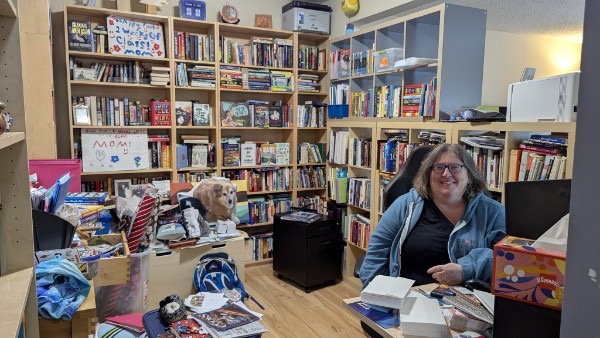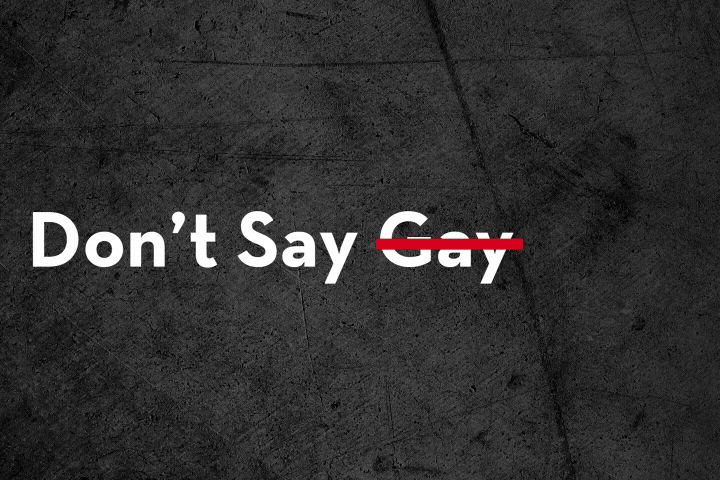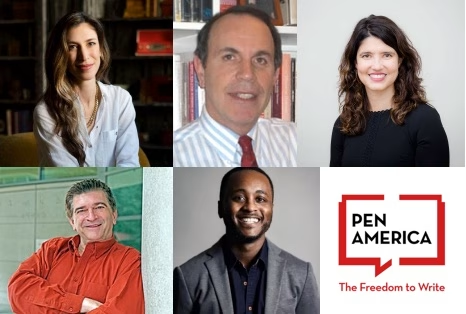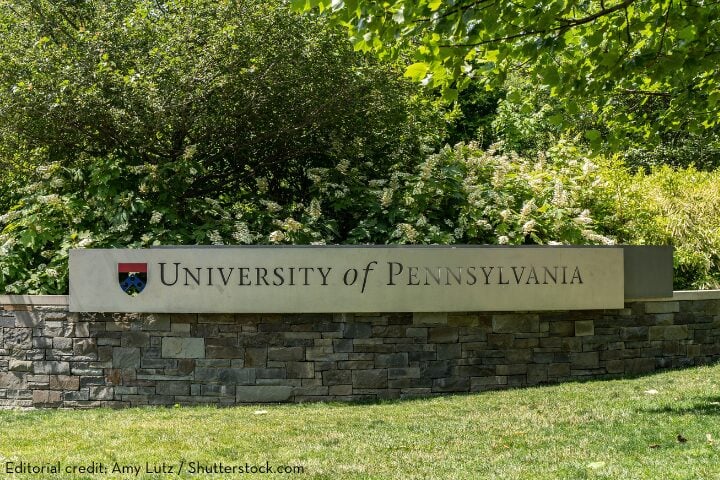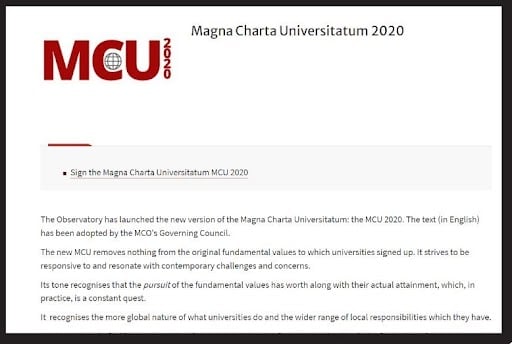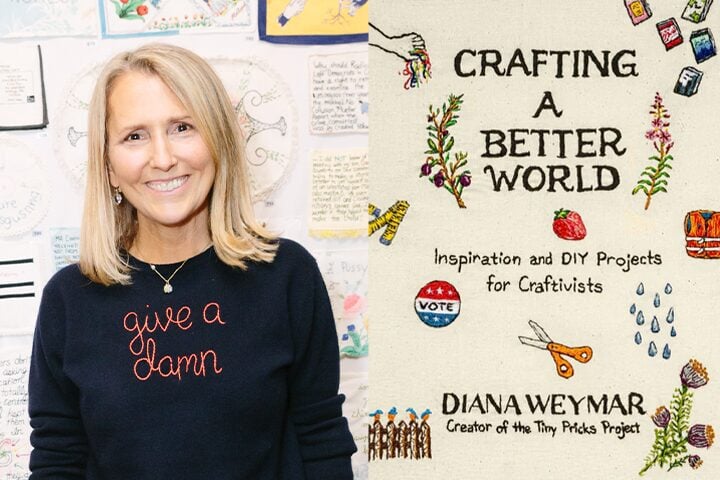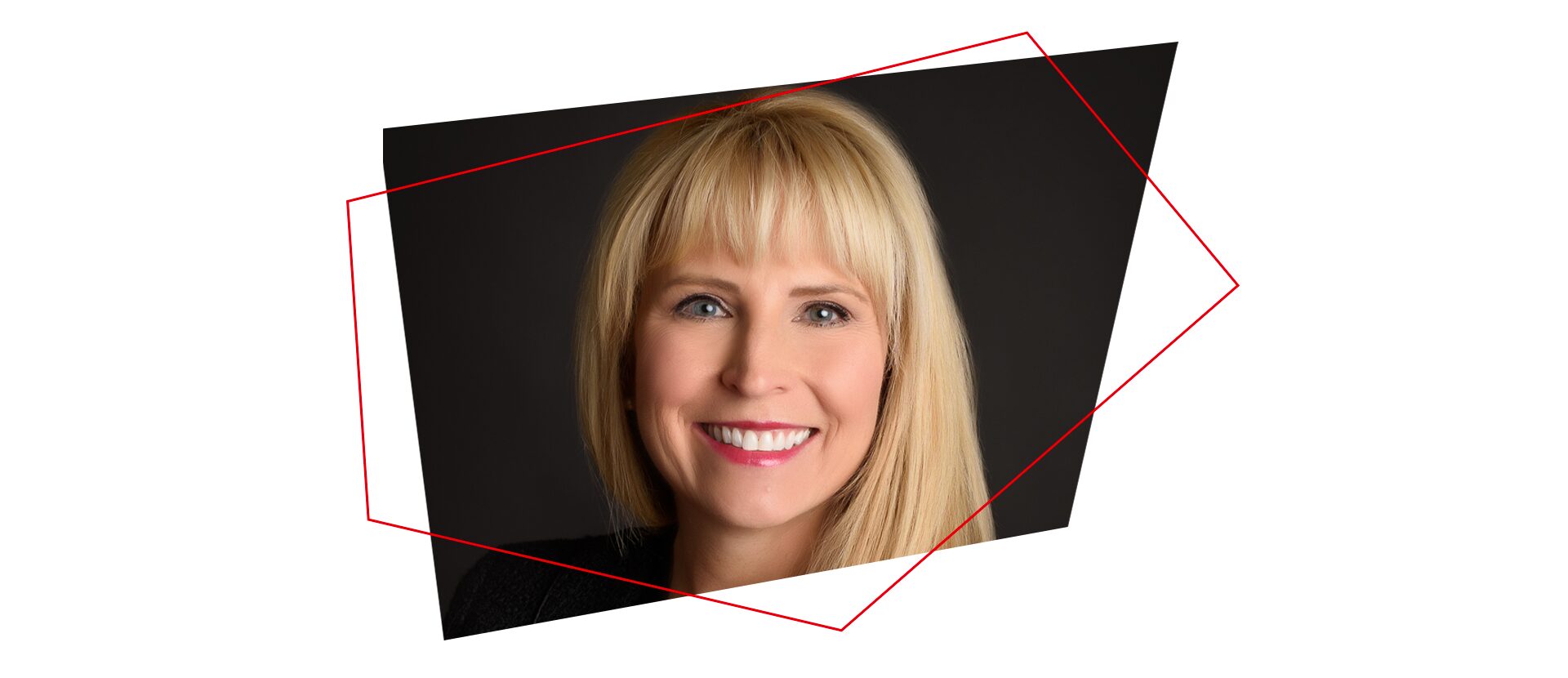
When a college in Idaho became the target of a chaotic takeover to defeat “liberal progressives” and the “deep state,” Tarie Zimmerman found herself in an unlikely position: running for the university’s board.
In 2022, Zimmerman, a financial advisor, had never considered running for office before. But a series of controversies had put North Idaho College (NIC), a community college in Coeur d’Alene, at risk. In 2020, a newly elected majority on the Board of Trustees implemented a chaotic takeover of the school. In the years that followed, board governance issues caused the regional accrediting body, the Northwest Commission on Colleges and Universities, to threaten the community college’s accreditation.
No college in Idaho has ever lost accreditation. Since 2023, the college has operated under the “Show Cause” sanction—the last sanction before losing accreditation.
Then in November 2024, three of the five seats on the college’s Board of Trustees were up for re-election. Candidates ran on two slates: Make NIC Great Again, which claimed the problem was the accrediting body’s push for diversity, equity, and inclusion, and Save NIC, which ran on a good-governance platform to save NIC’s accreditation. In a part of the state where Donald Trump won 75%-23% in the 2024 presidential election, Save NIC won all three board seats.
I sat down with Zimmerman who was a sitting board member when the Save NIC slate was elected. She explained that, though Make NIC Great Again drew on language that might appeal to conservative voters, the election in November 2024 was not, “a liberal/conservative or a left/right conversation or election at all.” Instead, the election was about saving the college the community relies on. (And indeed: in February 2025, NIC received a letter from their accrediting body relaxing their sanction and granting them a one-year extension to fix any remaining issues that would threaten accreditation.)
What made you want to run for election to the Board of Trustees back in 2022?
There had been so much in our news about things going on at the college board meetings just being kind of crazy including decisions that the board was making. It was embarrassing to me as a community member to have those things being reported in the news. It was very disturbing. I had a colleague contact me and say, “there’s an election coming up for the college. We really think you would be a good candidate and would you consider running?” I had not ever considered running for office in my life. If someone had asked me the day before, I would have said, there’s no way, that’s just not something I would be thinking I would do. But when I started to think about how important the election was and how it could be pivotal and whether the school would continue or not, I decided to go ahead and run.
Have your goals or priorities changed since you were first elected?
I ran on one basic item. At the time we were under warning so the threat of loss of accreditation was a real thing. The people that I ran against said it’s not an issue. That was my number one priority. If there was a second, that would have been just a general support of the college, supporting the mission of the college, which is basic to every trustee. There are many people that didn’t vote, and there are many people that didn’t vote for me. At the same time, my goal was to serve the community and the college and do what’s in the best interest of the community, the college, and the students. This was all after making sure that we saved accreditation. That really hasn’t changed.
How was your transition into your seat on the board?
Very difficult from the very first day. The board meetings were not run like a business meeting.
At the very first meeting, one of the trustees invited someone from the audience to grab a chair and join us (the trustees and president Swayne) up at the dais. This person happened to be a local attorney and produced a contract, written by himself, to be hired as the college attorney. He defined the terms and the price. Then, without any serious debate or discussion, the board majority put it to a vote, and it passed 3 to 2; no policy was followed. My transition to the board was filled with inappropriate behavior, [alleged] open meeting law violations, not being permitted to speak, speaking over me, gavelling me when they didn’t want me to say something. It was rough.
The dynamic on the board was always a feeling of being railroaded by the three that were the board majority. They have an agenda. You don’t really quite know what it is, but it’s easy to see that it’s not supporting the mission of the college. It’s not working to save accreditation. It’s doing whatever their idea is on what should happen. They put the president on leave and hired a second president without going through the appropriate process. You don’t hire a second president when someone’s on leave. You may put someone in that role on an interim basis, but you don’t have two presidents on salary. It was definitely a lot of disrespect, not being able to speak and disregard for any other input by anybody else. You were really feeling railroaded all the time. No respect.
Have the dynamics of the board changed since the election in November?
Oh, yes. Since the first board meeting post-election, the dynamics have been completely different. All of the board members speak to each other with respect. The board meetings are run like regular business meetings, as they should be. There are no last-minute changes to the agenda, no surprises.
If you look back to May 2024, meetings were marginally better. The board majority turned on their good behavior for a period of time [approaching the election] because they knew they were in the public eye more than they were before and they wanted to retain seats or win seats back. So there was a period of time there where things kind of calmed down—I would say maybe not being as outrageous as they were before. But then the election came around. This community is fairly small. The people that were elected are good community members. They have excellent reputations. They ran on the platform of advancing the mission of the college, and making sure that we save accreditation. So the community voted for those three people. We’re in a really good place.
Even in the face of this controversy, it seems like North Idaho College has enjoyed increased enrollments. Who or what do you credit for that success?
It is completely and totally due to our president, Nick Swayne, and his leadership. He has worked with the faculty and staff, people that have worked under really difficult conditions thinking their job was going to be lost. We can talk about accreditation, but these people, the ones that have stayed, are so committed to the community and to their college. He has been able to, through his strong leadership and some really great ideas, go out and have this great increasing enrollment. It’s reaching out to businesses, it’s holding forums, it’s getting into the high schools, and a really amazing bus tour campaign of “come here and go to school. It’s a great place.” It’s all, I would say, 100% President Swayne, through his leadership. No one does it alone. He’ll be the first to say, it’s all them. I’m like, “it’s you, your leadership.”
My last question for you is about longer term goals for North Idaho College beyond retaining accreditation. What are goals that will allow the new board to come together effectively to support North Idaho College?
We’re a growing community and we’re taking advantage of every opportunity that the college can to serve that growing community and the needs that they have. The kids that are in high school, they’re a big part of the community college. But like I keep saying, it’s dual because it’s also the businesses that we support as well. So just continuing to be an asset for the community, to be of service to the community, whether it’s families or businesses. We haven’t had a strategic plan that had real solid goals in it, but we have been developing a new plan, and we’re about to finalize that in the next month. Then we’ll have something really strong to really build on for our future. We’re here to stay and we’re growing and we’re going to continue to support the community and the businesses for a really, really long time.
I really hope that people understand that when you have something really good, it can be taken away. You have to be diligent to care for and foster what is precious in our college. I wouldn’t want voters or citizens to become complacent. I still think that the people that were out there that don’t support education, they’re still there. Pay attention. Stay involved in your community.



